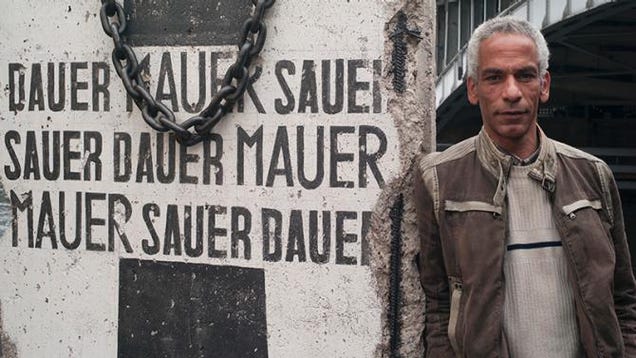My Soul Has Found Its HomePosted in Articles, Autobiography, Judaism, Media Archive, Religion, United States on 2016-07-20 13:33Z by Steven |
Jews of Colour Canada: Building community through identity and faith
2016-07-11
Shirley Gindler-Price
Philadelphia, Pennsylvania, USA
Out of the 95,000 US Occupation babies born in Germany shortly after WWII, there were approximately 5000 of us, post WWII Afro-German children, so-called Negro mulatto babies, better known as German ‘Brown Babies.’ Born to German women and African-American soldiers, the SPD (Social Democratic Party of Germany) deemed that we formed a special group, presenting a human and racial problem of a special nature. Our national and cultural heritage [and perhaps even our religious birthright] were seen to be in direct contrast to our skin color.
Born in Nuremberg, Germany, my mutti and I eventually moved to Ansbach, where at the age of two, I would be given up for adoption. As it was with so many other post WWII German ‘Brown Babies,’ I was adopted by an African American military couple stationed in Germany…


